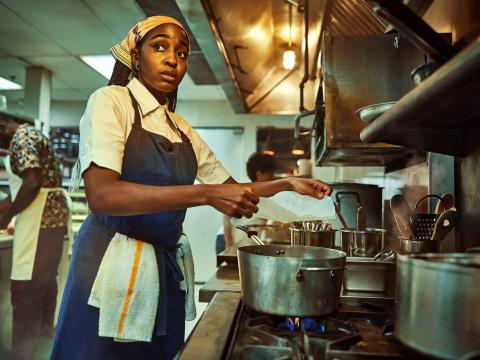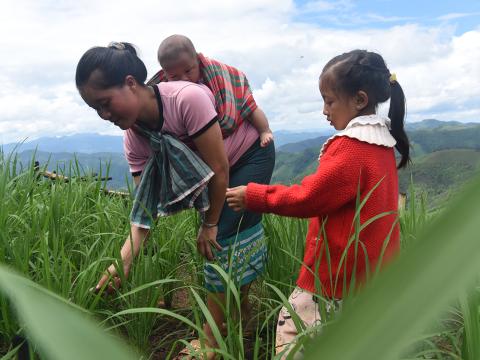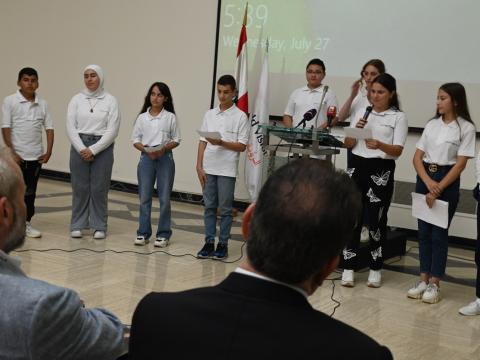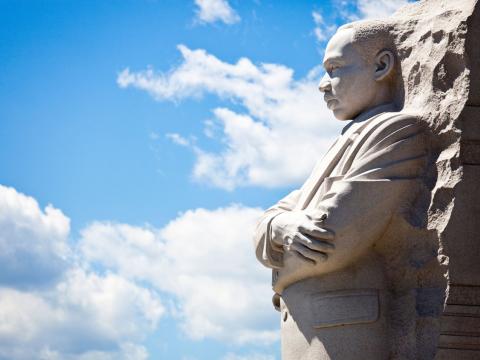
‘The arc of the moral universe is long, but it bends towards justice’: Why we mobilise
Lisa O’Shea explains the three ways World Vision uses mobilisation to bring about life-altering change for children
16 January, 2024
Each Martin Luther King Day brings reflections on what Dr King meant when he said, “the arc of the moral universe is long, but it bends towards justice”. What he clarifies is the role of mobilisation in this process; “Social progress never rolls in on wheels of inevitability; it comes through the tireless efforts of people.” At World Vision, our experience too tells us that people’s tireless efforts are what drives change.
Look at the recent decade-long battle to end child labour led by World Vision Canada. Advocacy efforts capitalised on people power to move the needle with Canadian lawmakers. Mobilising their influence through social media, lobbying of parliamentarians or youth engagement were some of the diverse tactics which tipped the balance. Canada’s government is now mandating reporting on child labour within the supply chains of Canadian goods. This change could be transformational for the tens of millions of children trapped in the worst forms of child labour.
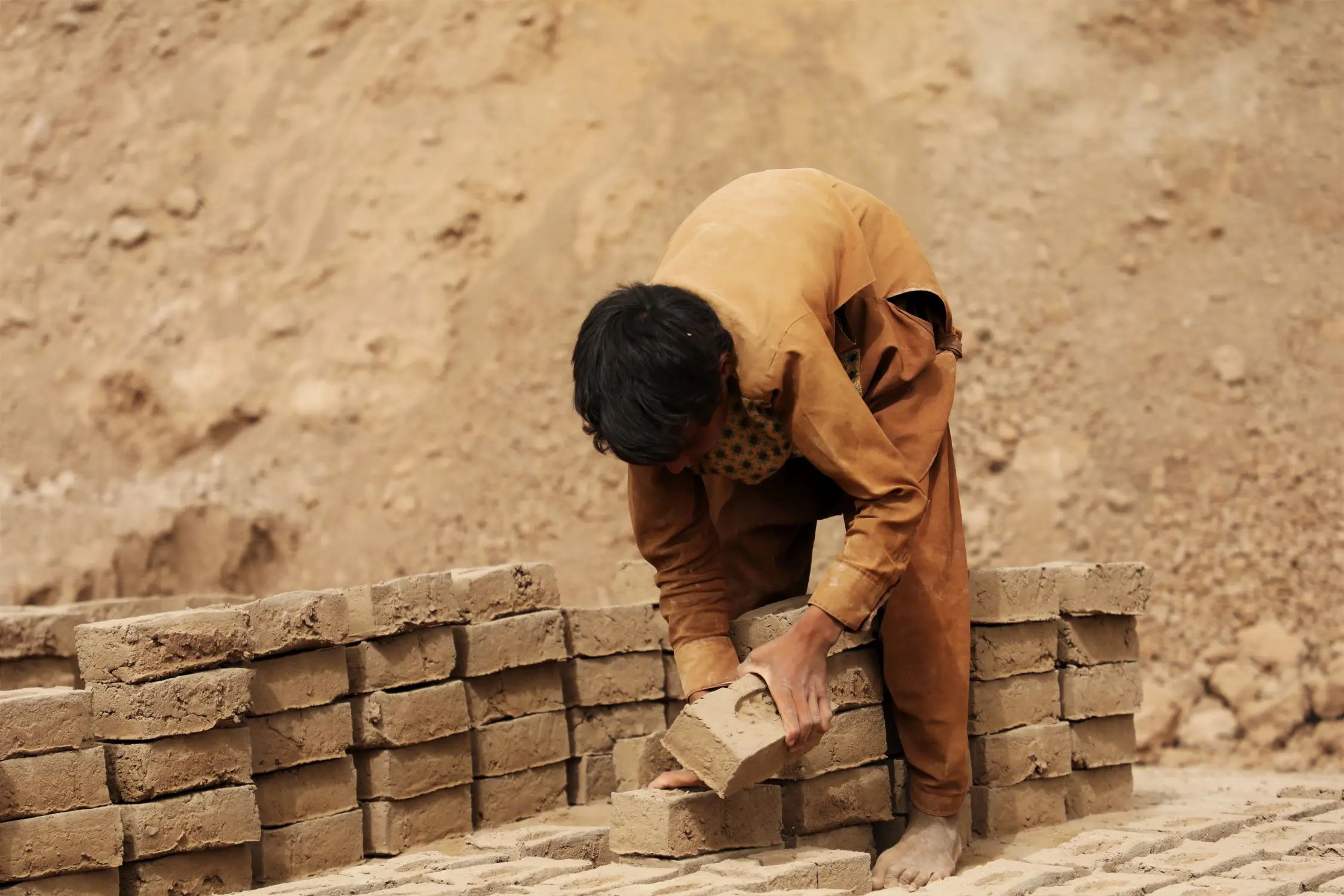
A second group will benefit from this change – Canadian consumers – whose votes spoke as loudly as their dollars. This group wielded their spending power and their political power as part of those ‘tireless efforts’ which Martin Luther King deemed such necessary conditions for social progress. The democratic mandate meant that the Canadian government listened to its electorate and acted on an issue that could demonstrate popular support for change, even when its reach was beyond their own borders.
At World Vision, when and how we decide to mobilise broadly falls under three categories – agenda-setting, policy change and movement-building. The use of this tactic is purposefully selected by national-level campaigners depending on their political context, influencing landscape and policy goals. This can be agenda-setting, bringing the issue to public and political consciousness and positioning it as relevant for voters. Second comes policy change – targeting domestic political support ahead of a global summit or a national election. Finally, we can mobilise to build a movement, taking a long-term view that this change will involve the partnership of a community of committed activists - both children and concerned citizens.
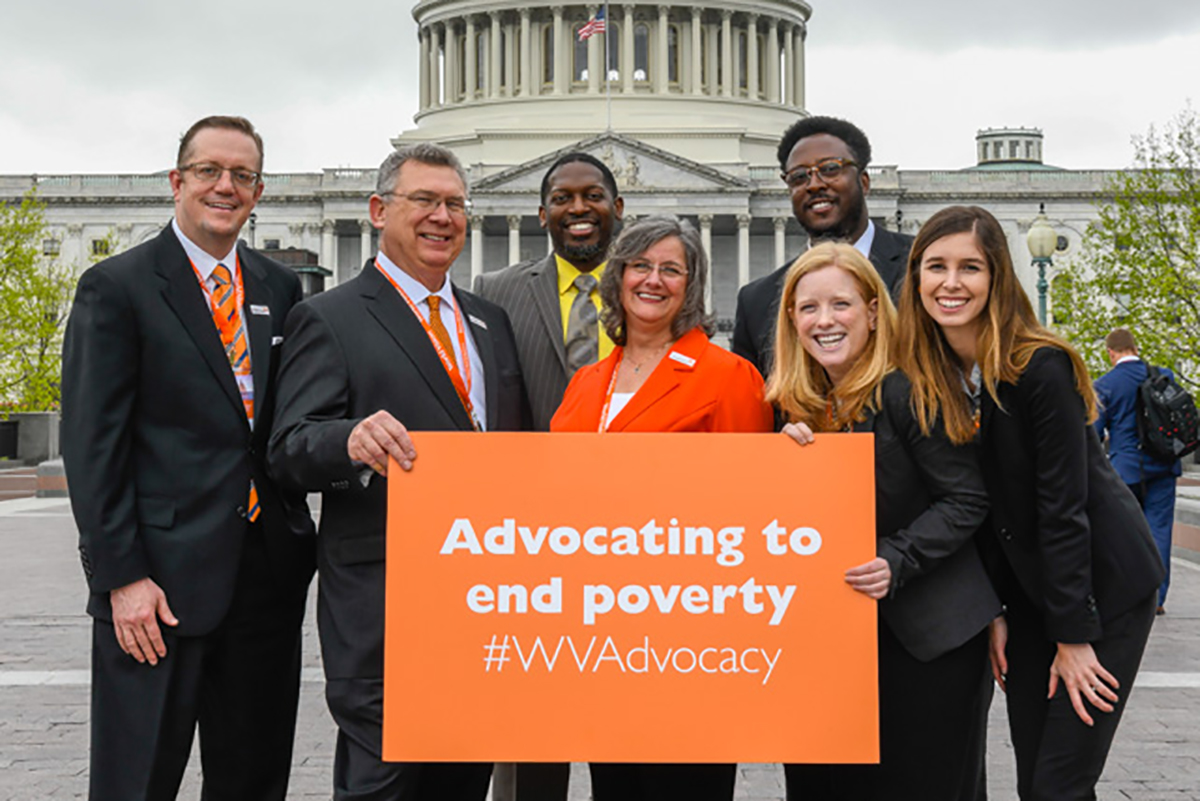
Building momentum in these ways over time pays off. World Vision’s advocacy approach has harnessed the power of citizens throughout its seven-year global campaign It takes a world to end violence. In more than 85 countries, the campaign contributed to 1300 policy changes affecting an estimated 325 million children. Children’s own mobilisation has inspired that movement to act: in 2023 alone, a small group of inspirational young Changemakers mobilised an staggering 3.4 million advocacy actions to end violence against children.
An astounding 1.8 million children and young people took part in this mobilisation with over 220 national-level policy dialogue events held between children and policy-makers. Hearing directly from children who experience this violence combined with this public mandate provides a compelling case for decision-makers as evidenced by the total 1300 policy change. The latest is Zimbabwe’s decision to raise the minimum age of consent to 18 just this week.
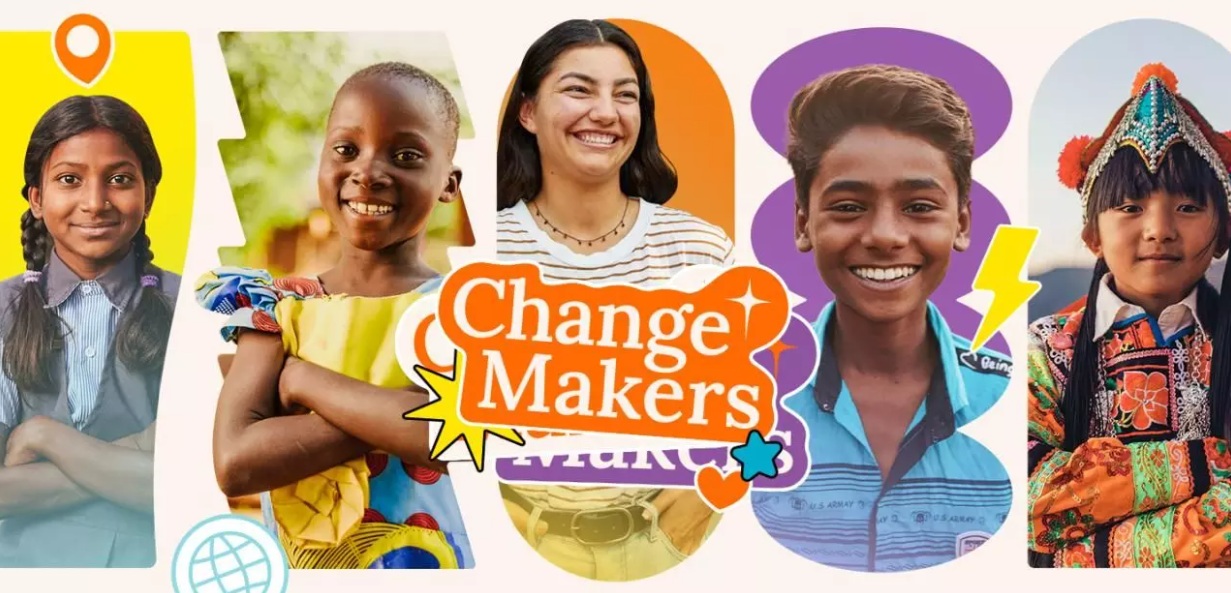
A final powerful mobilisation element is a broad spectrum of partners jointly mobilising. We have seen that this is especially the case when tackling what can feel like intractable, such as 2023’s successful campaign for Zambian legislation outlawing child marriage. Decision-makers did not see a single logo or named organisation behind this; it drew its strength from the sheer range of voices from faith and traditional leaders to children’s own mobilisations. In Martin Luther King’s own words, ‘people’s tireless efforts’ can indeed ‘bend the arc towards justice’. Whether setting the agenda, in pursuit of policy change or building a movement – the role of mobilisation can prove a tipping point in achieving social progress.
To learn more about our latest global campaign ENOUGH click here and about It Takes a World to End Violence here
Lisa O’Shea is World Vision’s Senior Director, Social Mobilisation.
